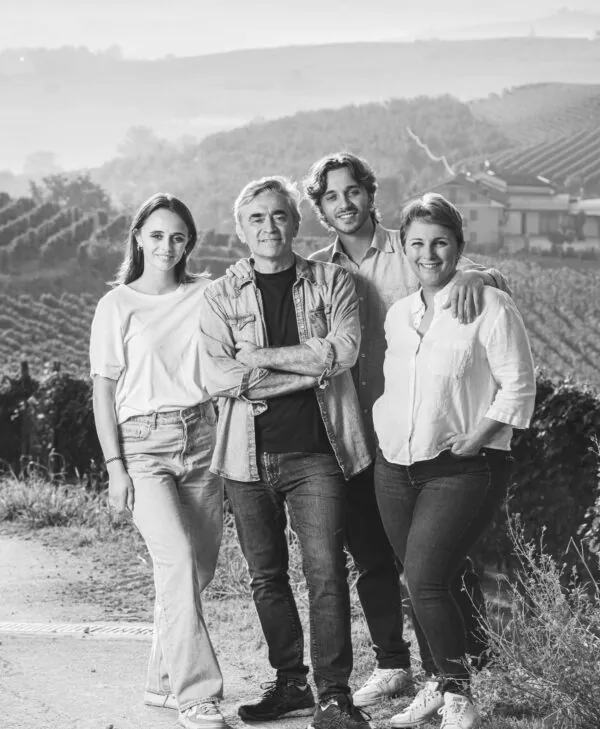GUIDES AND MAGAZINES
FOOD & WINE – Why Are Winemakers Suddenly Making Gin?

Gin has the potential to be a deeply terroir-driven spirit, so it only makes sense that winemakers are getting into the game. From France and Italy to New Mexico and beyond, a gro,ving range of gins are being crafted by winemakers or incorporating their expertise to achieve new dimensions of flavor. For Fabrice Brunei, apprentice ,vinemaker at his family's Rh6ne Valley estate, Domaine André Brunei, gin is another means to express the fantastic breadth ofthe region's botanicals.
"There is a lot of crossover between winemaking and gin-making, especiaily the embodiment ofterroir through carefully selected botanicals, a deep connection to our winemaking heritage, highlighting the differing characteristics in vintaged gin, and an appreciation for the human influence that has shaped our environment aver centuries," says Brunei.
Something simiJar is afoot in the Langhe, part of Italy's Piedmont region, where the great ,vines ofBarolo and Barbaresco are produced. Engine Gin, which comes packaged not in a glass bottle but in a metal canister rerniniscent of an old-school gas can, is a nod to the region's automotive history. It's produced entirely from organic Italian components, including damask rose and sage from Piedmont, Sicilian lemons, and more. The distillery was founded by Paolo Dalla Mora, husband of Rossana Gaja and son-in-law ofltalian wine legend Angelo Gaja. The family behind beloved Piedmontese producer Vietti is also now in the gin business, a transition that makes perfect sense.
"The expansion ofwine producers into the gin market could be attributed in my opinion to severa) factors," says Elena Penna Currado Vietti, owner and distiller of Elena Spirit'>. "Firstly, gin production requires a solid understanding of distillation and botanical infusion, skills that many wine producers can easily develop. Additionally, the focus and knowledge of terroirs can play an important role in some cases, especially if producers want to emphasize the locai and unique characteristics oftheir botanica) ingredient<;. In our case, this knowledge played a fundamental role, as our Italian Alpine territory, rich in botanicals, and the long history and tradition of distillation and wine production of Piedmont, were important synergies and catalysts for our project."
Download PDF